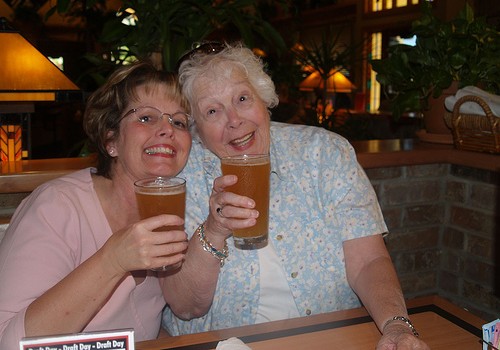
Increases Risk Of Cancer, Sometimes
A recent news story ran the headline "Two Beers a Year Can Raise Your Risk of Pancreatic Cancer." That's ridiculous. While there is an association between consumption of beer and various forms of digestive cancer, two beers a year, or two beers a day, for that matter, isn't going to be what does you in. The problem arises when people drink more than two, three, four, or five beers a day and also have other risk factors for digestive cancers. Infection with the bacterium Helicobacter pyloric, the bacterium impliated in stomach ulcers, plus regular consumption of beer can approximately triple risk of stomach cancer.
- Important notification about information and brand names used in this slideshow!
- Photo courtesy of Raymond Shobe by Flickr : www.flickr.com/photos/bossco/1393477357/
- www.steadyhealth.com/articles/Health_Benefits_Of_Beer_a804.html
- http://www.forbes.com/2008/03/14/beer-drink-health-forbeslife-cx_avd_0317health.html
- http://www.360nobs.com/2013/04/why-beer-is-good-for-you/
- http://www.besthealthmag.ca/eat-well/healthy-eating/the-health-benefits-of-beer
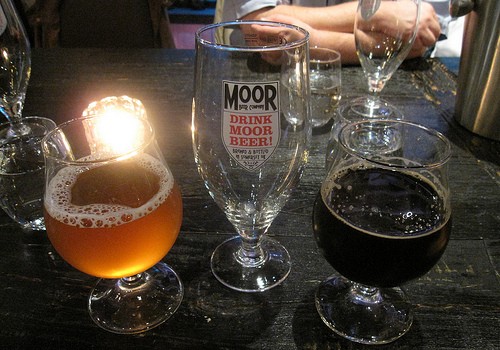
Source Of Both Vitamins And Anti-Vitamins
While several of our writers have lived in countries where people drink beer for breakfast and actually live longer than people in countries where beer is not popular, we're not ready to say that beer is exactly a vitamin-rich health food. There are some vitamins in beer, notably the often-overlooked B vitamin biotin (vitamin B7), which is important to skin health and the body's ability to use sugar. Beer also contains potassium, selenium, and magnesium, along with phosphorus. However, beer also contains some anti-nutrients, notably oxalic acid. This plant acid binds minerals into a form the body can't absorb, and can accumulate to form kidney stones. If you drink dark beer, the net nutritional effect may be positive, while if you drink light, American-style beer or wheat beer, it may not.
- Important notification about information and brand names used in this slideshow!
- Photo courtesy of Bernt Rostad by Flickr : www.flickr.com/photos/brostad/7928767370/
- Salamon A, Baca E, Baranowski K, Michałowska D. [The evaluation of anti-nutritive components in beer on the example of oxalic acid]. Rocz Panstw Zakl Hig. 2012. 63(1):37-42. Polish.
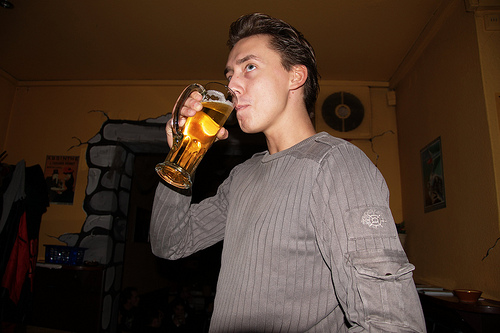
Higher HDL, But Some Negative Effects
Several scientific studies have shown that women who drink 1 or 2 beers a day and men who drink 2 or 3 beers a day actually have more favorable HDL-C levels (measuring the "good" cholesterol) than people who drink more beer and people who drink no beer or wine at all. Sometimes that is beneficial for heart health. However, while beer raises levels of protective cholesterol, it also raises levels of artery-damaging homocysteine. If you want to get the benefits of drinking beer in moderation, you need to have a balanced diet otherwise. In particular, you need to be getting enough vitamin B6, vitamin B12, and folic acid--which are not supplied by beer--to keep homocysteine levels down.
- Important notification about information and brand names used in this slideshow!
- Photo courtesy of Ben Scholzen by Flickr : www.flickr.com/photos/dasprid/4233811263/
- Waśkiewicz A, Sygnowska E. Alcohol intake and cardiovascular risk factor profile in men participating in the WOBASZ study. Kardiol Pol. 2013. 71(4):359-65. doi: 10.5603/KP.2013.0063.
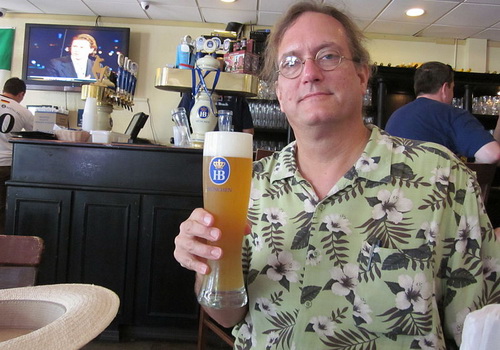
Beer and Heart Disease: Maybe Helpful, Maybe Not
Several studies have found that people who drink beer (or wine) in moderation have lower rates of heart disease than people who don't drink alcohol at all, and also lower rates of heart disease than people who drink lots of beer or wine, that is, more than 1 ro 2 drinks a day for women and 2 or 3 drinks a day for men. (A "drink" corresponds to about a cup, 240 ml, of beer.) A litte beer helps, a lot hurts. If you have already had a "major heart attack," be careful. Drinking too much may "relax" your heart enough that you experience congestive heart failure.
- Important notification about information and brand names used in this slideshow!
- Photo courtesy of Infrogmation of New Orleans by Wikimedia Commons : commons.wikimedia.org/wiki/File:Miami_Beach_Lincoln_Mall_Ifrog_Hofbrau_Beer.jpg
- Pai JK, Mukamal KJ, Rimm EB. Long-term alcohol consumption in relation to all-cause and cardiovascular mortality among survivors of myocardial infarction: the Health Professionals Follow-up Study. Eur Heart J. 2012 Jul. 33(13):1598-605. doi: 10.1093/eurheartj/ehs047. Epub 2012 Mar 27.
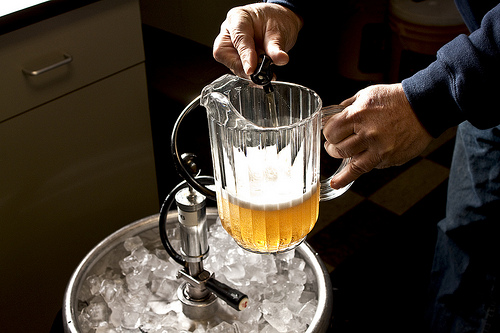
Kidney Stones
There used to be an idea in some of the major beer consuming nations of Europe, the Czech Republic , for example, that drinking lots of beer prevented kidney stones. If you drink so much beer you have to urinate more or less all the time, the reasoning went, your kidneys couldn't accumulate stones. That may actually be true for extremely high beer consumption--which brings other problems. If you consume small or moderate amounts of beer, however, and we don't recommend that you consume more, then you are actually at increased risk for oxalate kidney stones. If beer is important to you, then you are in luck. Oxalate is also found in spinach. Here's your excuse to pass when spinach is offered, but we do recomend you eat other healthy greens.
- Important notification about information and brand names used in this slideshow!
- Photo courtesy of Jenn Durfey by Flickr : www.flickr.com/photos/dottiemae/5269633868/
- Salamon A, Baca E, Baranowski K, Michałowska D. [The evaluation of anti-nutritive components in beer on the example of oxalic acid]. Rocz Panstw Zakl Hig. 2012. 63(1):37-42. Polish.
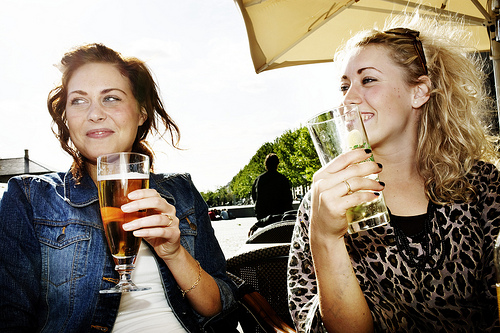
Memory Booster?
Many people drink to forget. The idea that someone might drink to remember is novel, but not utterly without a scientific basis. New Zealand researcher Maggie Kalev and American researcher Matthew During performed an experiment with rats that found that beer consumption could actually improve certain kinds of memory, such as visual memory and emotional memory. Alcohol consumption, they discovered, increases activity in a part of the brain known as the hippocampus. This research finding suggests that beer and other forms of alcohol don't make it easier to deal with painful memories, they actually make the painful memories more firmly implanted in the mind, that you shouldn't reach for a drink right after a regrettable episode.
- Important notification about information and brand names used in this slideshow!
- Photo courtesy of Carlsberg Group by Flickr : www.flickr.com/photos/carlsberggroup/5729897300/
- Swaminathan, N. Don't Forget: Drink a Beer—Or Two—Daily! Scientific American, 26 September 2007.

Does Drinking Beer Keep You Younger?
Klosterbraueri Neuzelle in Germany, formerly a beer brewing monastery, announced in early 2013 that it had developed a beer to fight the aging process. This beer, however, contains a few ingredients we don't usually associate with beer, such as the slime-like algae spirulina and a hefty dose of artificial B vitamins. Sold in Germany, Korea, and the United States, this beer is purported to renew the skin whether it is drunk or used in a facial. However, German "purity laws" may eventually ban its sale in the European Union. Is this beer really a skin rejuvenator? Well, if you dab it own your face, it probably will exfoliate tired, dead skin cells, and maybe lighten lines and wrinkles. But drinking this beer isn't likely to do anythign for you that getting enough B vitamins in your diet won't.
- Important notification about information and brand names used in this slideshow!
- Photo courtesy of Mike Baird by Flickr : www.flickr.com/photos/mikebaird/3189781853/
- ABD News, Is New German Beer Fountain of Youth, 10 March 2013.
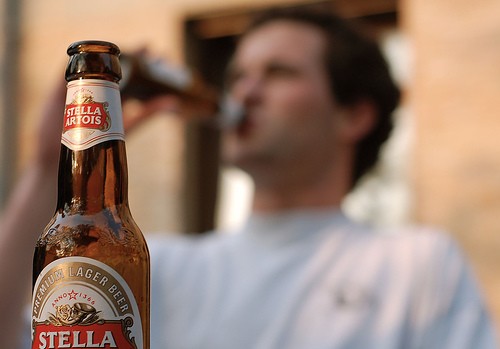
Helps You Fall Asleep
Particularly among people of European ancestry, drinking a beer or two just before bedtime is a common practice. Some people just can't get to sleep without their beer. However, falling asleep isn't a good thing when you're behind the wheel of your car, when you are working with power tools, or when you are, for example, doing brain surgery. Don't make the mistake of drinking beer to stay awake--that's a really bizarre notion--and if you drink beer to fall asleep, be ready to go to bed. And make sure you aren't going to be in a position that you fall asleep during a task that requires your full, alert attention.
- Important notification about information and brand names used in this slideshow!
- Photo courtesy of Francois de Halleux by Flickr : www.flickr.com/photos/fanz/146490014/
- Damrau F, Liddy E, Damrau AM. Value of stout as a sedative and relaxing soporific. J Am Geriatr Soc. 1963 Mar. 11:238-41.

Beer And Women's Health
Beer is an unusually potent source of a group of chemicals known as phytoestrogens. Most "plant estrogens" are just similar to the estrogen a woman's body makes, but the plant estrogen in the hops used to flavor beer is actual 17-beta-estrodiol, the exact same chemical as is found in the human body. In men, drinking too much beer has obvious detrimental effects, such as "beer boobs" or a form of impotence known in Germany as "beer drinker's droop." However, in women, modest consumption of beer, no more than 2 beers a day, may have some beneficial effects, especially after menopause, without the side effects of estrogen replacement therapy, especially for dryness and wrinkles.
- Important notification about information and brand names used in this slideshow!
- Photo courtesy of Russell James Smith by Flickr : www.flickr.com/photos/russelljsmith/2486173176/
- Chen W, Becker T, Qian F, Ring J. Beer and beer compounds: physiological effects on skin health. J Eur Acad Dermatol Venereol. 2013 Jun 27. doi: 10.1111/jdv.12204. [Epub ahead of print].
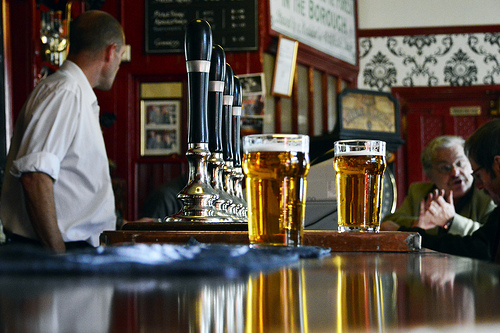
Fat Free! Cholesterol Free! Low In Carbohydrates!
Beer is a fat-free food! It contains no natural cholesterol! (Well, it contains tiny trace amounts from the hops, but barely enough to measure.) And it is lower in carbohydrate than bread, because it's mostly water! Gram for gram, ounce for ounce, beer contains fewer calories than many other foods, but people consume a far greater volume and mass of beer than most other foods. The question really is whether you use beer to replace other carbohydrate calories, or you consume beer in addition to other carbohydrate calories. If beer is an "extra" in your diet, your body will find a way to store those extra calories as fat, regardless of whether the food you eat is actually high-fat, low-fat, no-fat, or something in between.
- Important notification about information and brand names used in this slideshow!
- Photo courtesy of Brian Clift by Flickr : www.flickr.com/photos/brianac37/8059919832/
- Guenther PM, Reedy J, Krebs-Smith SM. Development of the Healthy Eating Index-2005. J Am Diet Assoc. 2008 Nov.108(11):1896-901. doi: 10.1016/j.jada.2008.08.016


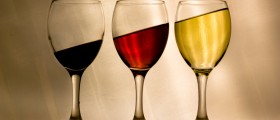
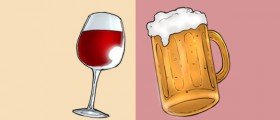
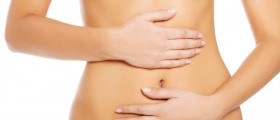
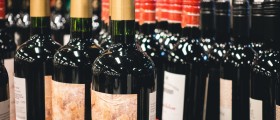
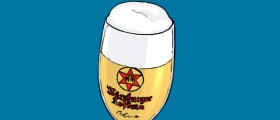
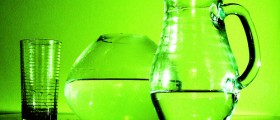
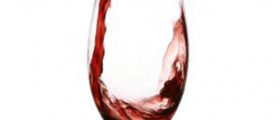
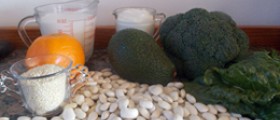
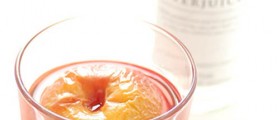

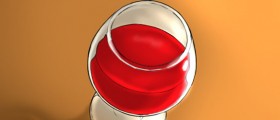
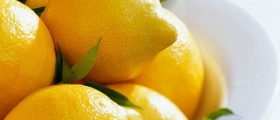
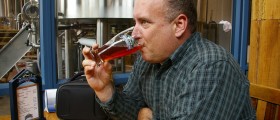

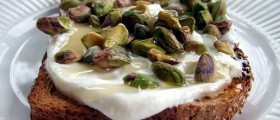
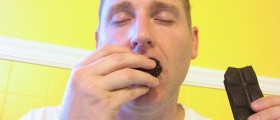
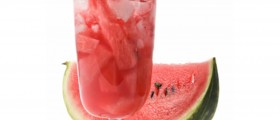
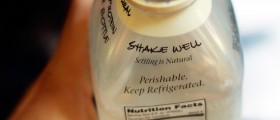
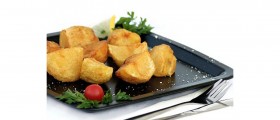
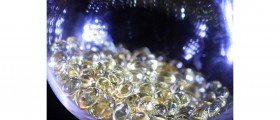

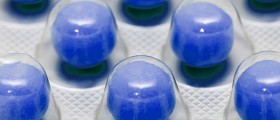
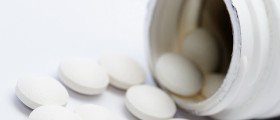
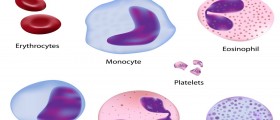
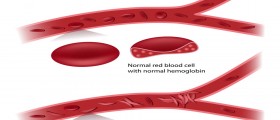
Your thoughts on this
Loading...